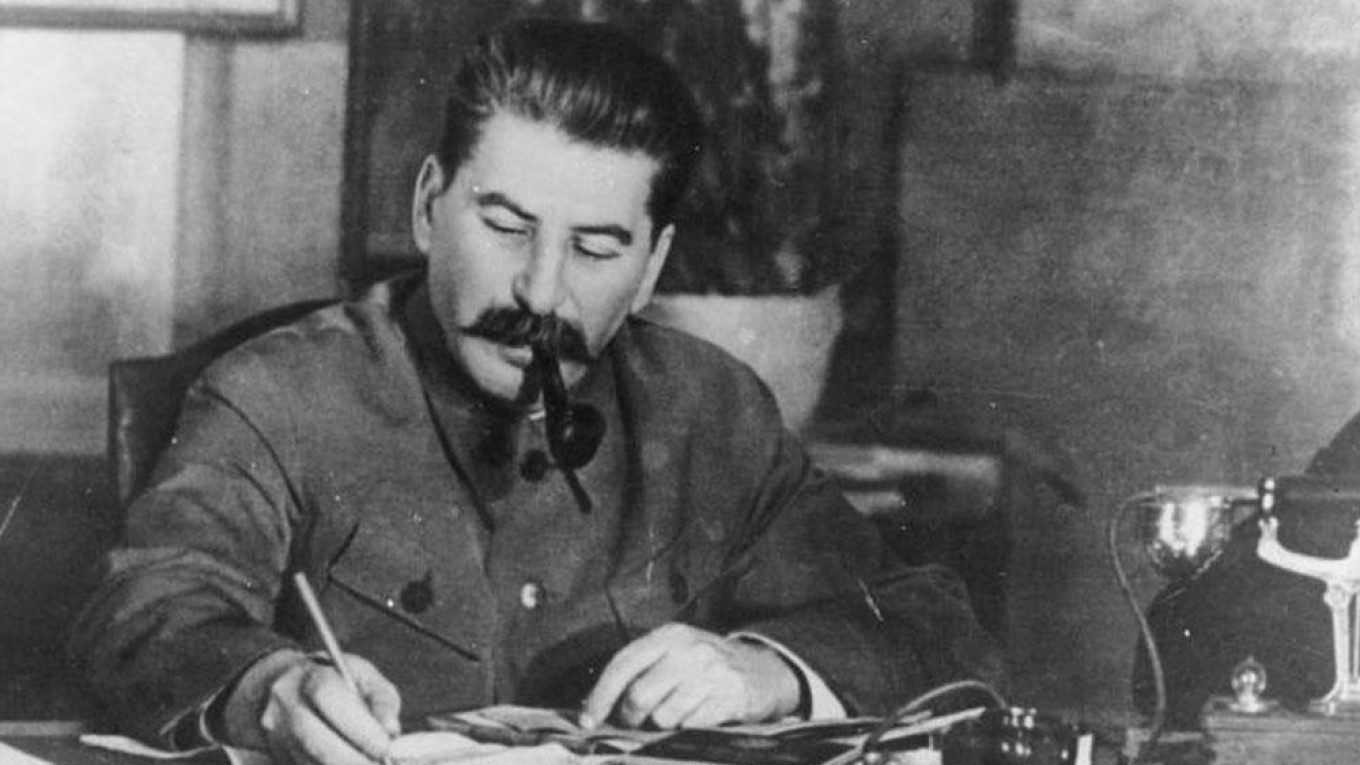A Journey Through the History of the Soviet Union
The Soviet Union, spanning 1922 to 1991, was a behemoth that shaped the 20th century. From its revolutionary beginnings to its dramatic collapse, its history is a complex tapestry woven with triumphs, tragedies, and profound global impact. Let's embark on a journey through this multifaceted history, exploring its key moments and enduring legacies.
Forging a New Order: The Birth of the Soviet Union
Birth
Born from the ashes of the Russian Revolution of 1917, the Soviet Union emerged as a communist state led by Vladimir Lenin. Following a bloody civil war, the Bolsheviks consolidated power, establishing a centralized government dedicated to building a socialist utopia. This period witnessed rapid industrialization, collectivization of agriculture, and significant social reforms, albeit often accompanied by harsh measures and political repression.
The Stalin Era: Power, Terror, and Modernization
Stalin
Joseph Stalin's rise to power in the 1920s ushered in a period of intense control and ruthlessness. The Great Purge eradicated potential rivals and dissenters, leaving a trail of fear and instability. Despite the terror, Stalin oversaw rapid industrialization and modernization, transforming the USSR into a major military power. However, his regime was marked by widespread human rights abuses, famines, and a cult of personality.
World War II: From Invasion to Victory
Hitler's invasion of the Soviet Union in 1941 marked a turning point in history. The USSR played a pivotal role in defeating Nazi Germany, suffering immense casualties but delivering a decisive blow to fascism. World War II solidified the Soviet Union's superpower status and expanded its sphere of influence in Eastern Europe, leading to the creation of the Iron Curtain separating East and West.
The Cold War: A Global Standoff
The postwar era saw the Cold War erupt, pitting the communist Soviet bloc against the capitalist West. This ideological and geopolitical struggle played out in proxy wars, space exploration, and the constant threat of nuclear annihilation. While marked by periods of détente, the Cold War cast a long shadow over the world, shaping international relations and domestic politics for decades.
Stagnation and Reform: Cracks in the Soviet Facade
By the late 1970s, the Soviet economy began to stagnate, hampered by bureaucratic inefficiencies and a lack of innovation. Leonid Brezhnev's leadership saw growing dissent and calls for reform. Mikhail Gorbachev's ascension in 1985 brought hope for change with his policies of glasnost (openness) and perestroika (restructuring). However, these reforms inadvertently unleashed forces that ultimately led to the unraveling of the Soviet system.
The Unraveling: From Nationalism to Collapse
Gorbachev's reforms emboldened nationalist movements in the Baltic states and Eastern Europe, ultimately leading to their breakaway from the Soviet Union. Economic hardship and political unrest further fueled separatist sentiments, culminating in the fall of the Berlin Wall in 1989 and the domino effect of Eastern European communist regimes collapsing. Finally, in 1991, the Soviet Union itself dissolved, marking the end of an era.
Beyond the Rubble: Legacies and Lessons
The Soviet Union's legacy remains complex and contested. It fostered rapid modernization, scientific advancements, and social reforms, while also being responsible for authoritarian rule, repression, and economic decline. The collapse of the USSR had profound economic, political, and social consequences globally, reshaping the international order and leaving behind a complex web of historical debates and lessons to be learned.
Exploring Further:
- Delve deeper into specific periods, leaders, or events in Soviet history.
- Analyze the cultural, social, and economic impacts of the Soviet Union.
- Compare and contrast the Soviet Union with other socialist and communist regimes.
- Consider the ongoing debates about the Soviet legacy and its relevance to current global issues.
Remember, the history of the Soviet Union is not just a story of the past; it offers valuable insights into the complexities of power, ideology, and the human condition. By venturing into this multifaceted narrative, we gain a deeper understanding of the world we live in and the potential consequences of grand historical forces.




































